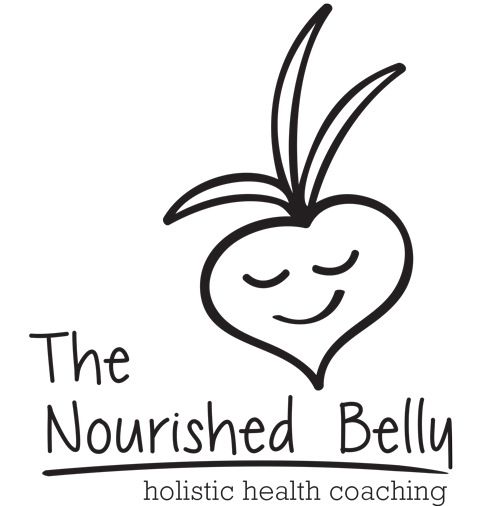Second post in the Digestive Series, and what better way to follow up chewing, then starting at the other end! Yes, this isn’t the most popular subject to bring up at the dinner table, but your bowel movements are extremely important. They are a great way to check if your digestive system is running smoothly.
What is Normal?
How often should you be going? So, the definition of constipation is when you are going less than 3 times a week, but in holistic health circles this is definitely too little. Ideally, you should be going at least once a day, if not more. Ideal transit time (from one end to the other) is anywhere from 12-24 hours.
There are a couple of things that happen when stool sits around too long in your colon. One of the major functions of the colon is to reabsorb water and salts back into the body. The longer it sits around in your colon, the more water is reabsorbed and the harder and more difficult to pass the stool will become. Our stool is also waste material, and full of toxins that our bodies are trying to eliminate. The longer the stool hangs out, the more likelihood our bodies will reabsorb some of the toxins we are trying to eliminate.
Our bodies can pass up to 1 quart worth of waste into our colons each day. That is a tremendous amount of waste! Imagine all of that building up over the span of a few days, which might be considered “normal.” The more we let build up, the more pressure we experience in our colon. This intraluminal pressure, if it happens frequently, can lead to not so fun conditions of the colon including diverticulitis (small pockets that form in the large intestine that can trap wastes and become infected) and hemorrhoids.
On the flip side, you don’t want your transit time to be too short and be more on the watery side. either. This could mean that you aren’t absorbing your nutrients, although if it’s just short term, then your body could be trying to get rid of a pathogen. Let your body do its work.
What Should Your Stool Look Like?
It might be somewhat unpleasant to look at what you have just done, but get used to it! It’s important!
One thing you should look for is undigested food. This could be a sign that you aren’t chewing enough or a sign of malabsorption.
Bristol Stool Chart. This is a handy dandy chart to check the shape of your stool. The ideal number to be at is a 3 or 4, more like a 4, and it should be easy to go.
Not Normal? Here are some tips!
-
Eat your fruits, vegetables, and whole grains. This is where the fiber talk comes in. Fiber provides bulk to our stools, and makes them easier to pass. It will also grab onto extra cholesterol and escort it out of the body.
-
Drink plenty of liquids. Filtered water and herbal teas is what I’m talking about here. One of my teachers would always say, “fiber without water equals bricks.” Enough said.
-
Try a little Magnesium. If you are constipated, taking a little magnesium before bed will not only help you sleep, but could help regulate your bowel movements. One of the reasons that prunes are so helpful in this department is their high level of fiber and magnesium. (Magnesium supplement forms that end in -ate are the best forms to take...citrate, malate, glycinate, etc... Almonds, dark leafy greens, whole grains and nuts are good food sources.)
-
Move Your Body. Regular exercise is not only helpful for lifting mood, regulating our immune system, and detoxification, but also for regulating our bowel movements. You don’t need to run a marathon each day, a daily 20 minute walk, or a yoga class will suffice!
-
Try some cholagogues. Chola-what? Cholagogues are herbs that stimulate the release of bile, which can help stimulate our bowels to get moving. Dandelion Root, Rosemary, Sage, and Hops are among these herbs. (Not recommended for those with liver infections or gallstones)
-
Don’t Hold It! We can desensitize our bowels if we don’t answer the call to nature. Make sure that when you feel the urge.....go.
If you aren’t quite normal, think about some of these suggestions. Keep in mind, however, that other things can contribute to abnormal events....such as medications and digestive disorders. If you consider yourself healthy, and aren’t experiencing other major discomforts, then some of the suggestions above just might work in getting everything running smooth again. Happy Nourishing!
*LEGAL DISCLAIMER - This website (including any/all site pages, blog posts, blog comments, forum, etc.) is not intended to replace the services of a physician, nor does it constitute a doctor-patient relationship. Information is provided for informational purposes only and is not a substitute for professional medical advice. You should not use the information on this website for diagnosing or treating a medical or health condition. If you have or suspect you have an urgent medical problem, promptly contact your professional healthcare provider. Any application of the recommendations in this website is at the reader's discretion. Tammy Chang and The Nourished Belly are not liable for any direct or indirect claim, loss or damage resulting from use of this website and/or any web site(s) linked to/from it. Readers should consult their own physicians concerning the recommendations in this website.

